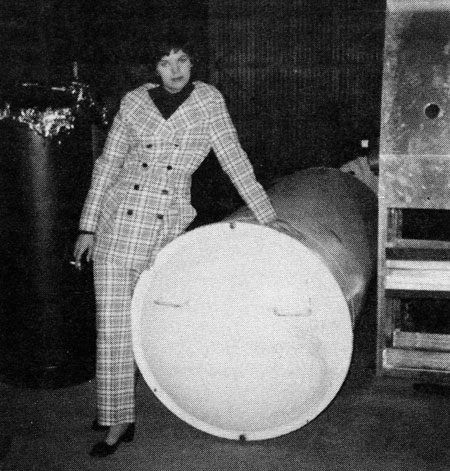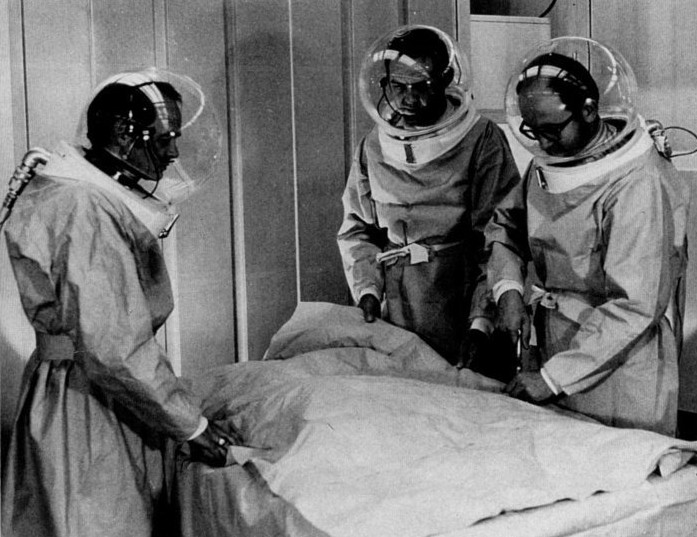I don’t want to be in a box or an urn, because why? But what about a freezing tube? Cryonics is a long shot, a moonshot, but of course, steep odds are better than none if immortality is the kind of thing that matters to you. Even before science could make the gigantic leap to reanimate your remains, you would first have to “survive” eons of natural disasters, empire collapse, corporate malfeasance and plain, old indifference. It also assumes that humans of the future, supercharged by bioengineering, will care about waking the “cave people” for anything more than research purposes. They will have to value us the way we value ourselves, which is unlikely. So there’s almost no chance it would work. Almost.
In 1962, James Bedford became the first cryonaut, but the business has never boomed. In a Wait But Why post, Tim Urban looks at the philosophical and practical questions that attend the practice. An excerpt:
When Robert Ettinger was a kid in the 1930s, he read a lot of science fiction, and he assumed that with the world advancing the way it was, scientists would surely have a cure for aging at some point during his lifetime. He would live to see a world where sickness was a thing of the past and death was something people chose to do voluntarily, at a time of their choosing.
But thirty years later, aging and involuntary death were still very much a thing, and Ettinger, by then a physics professor, realized that science might not solve these problems in time for him to reap the benefits. So he started thinking about how to hack the system.
If, rather than being buried or cremated after his death, he could instead be frozen in some way—then whenever the scientists did eventually get around to conquering mortality, they’d probably also have the tools and know-how to resuscitate him, and he could have the last laugh after all.
In 1962, he wrote about this concept in a book called The Prospects of Immortality, and the cryonics movement was born.
The first person to give cryonics a try was James Bedford, a psychology professor who died of cancer in 1967 at the age of 73 and is doing his thing in a vat of liquid nitrogen in Arizona as you read this. Others slowly began to follow, and today, there are over 300 people hanging out in vats of liquid nitrogen.•



